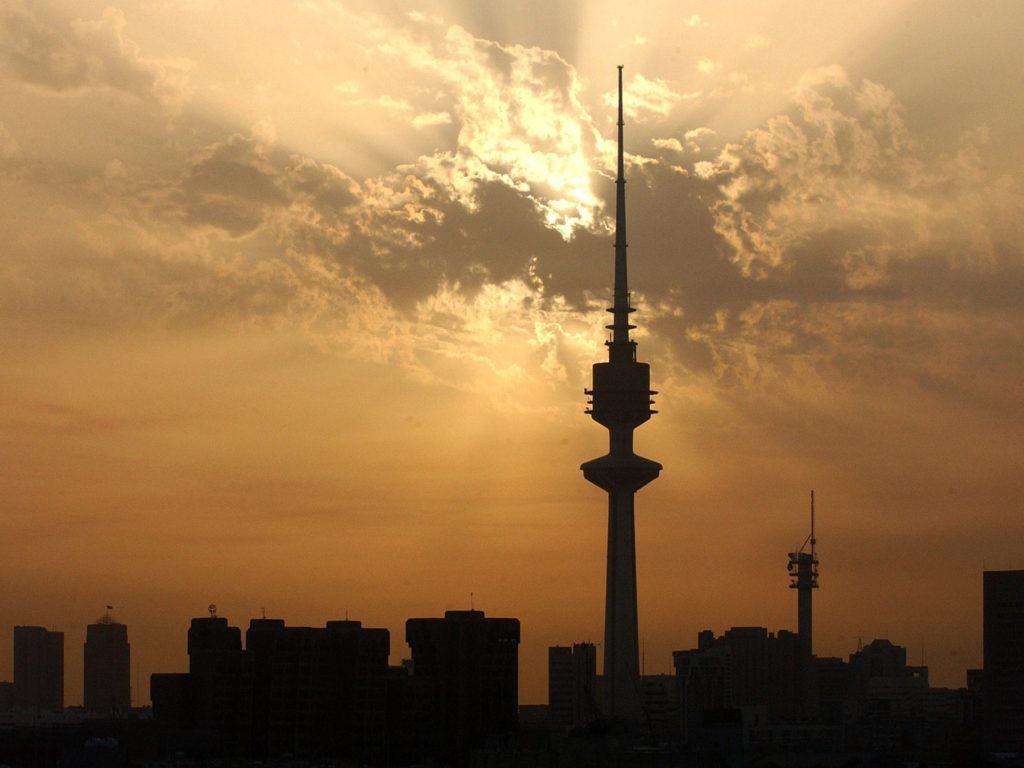Last week, news broke out of Kuwait breaking the world record for the highest temperature ever to be recorded on earth. Gulf News quoted the Kuwaiti journal Al-Qabas, stating that temperatures in Kuwait reached 52.2 degrees Celsius in the shade and 63 degrees Celsius under direct sunlight. It added that Al-Majmah in Saudi Arabia had also experienced a record-breaking rise in temperature at 55 degrees Celsius.
It is worth mentioning that the current record for the highest temperature on earth ever documented stands at 56.7 degrees Celcius which was recorded at Death Valley in Furnace Creek Ranch, California on July 10th, 1913. However, the United Nations World Meteorological Organization (WMO), which is the official entity tasked with examining and validating climate and weather claims, is still to confirm whether or not the two Arab nations have set a new world record.

Regardless of the authenticity of the claim, 2019 is still expected to break the record for the hottest year to ever be recorded. In fact, since 2015, each corresponding year broke the record of the previous one, making the time between 2015 and 2018 the hottest to ever be recorded in human history.
The problem with rising global temperature is that it is the precursor for a number of adverse weather conditions such as heat waves, wildfires, droughts, flooding, and violent storms, which could result in catastrophes and disruption of day-to-day life. Just last week, as a consequence of the heatwave in the Arabian Peninsula, a man in Kuwait lost his life.
In 2018 alone, heatwaves led to a significant loss in productivity, as often it is not safe to work or even go outside. As a matter of fact, heatwaves cost humanity around 153 billion hours of labor.

The global rise of temperatures is only a symptom of a much more dangerous phenomenon plaguing our planet, and that is global climate change, and much of the evidence suggests that it is man-made.
Ever since the industrial revolution of the 19th Century, we have been exponentially advancing in healthcare, research, technology, as well as many other areas. In just two hundred years, we have disrupted the balance of nature and are struggling to come up with ways to sustain our currently-dwindling resources.

Adding insult to injury, the byproducts of our unsustainable lifestyles such as plastics, carbon dioxide gas (CO2) emissions, deforestation, and overall ecological destruction are having a rippling effect across all of the planet’s ecosystems, and now, the changes have grown beyond our ability to contain them.
With ice melting at both poles, the rising of sea levels is inevitable, which, in turn, is going to submerge many coastal cities around the globe. Temperatures will continue to rise and droughts will become more frequent.

Scientists predict that if we do not change our ways now before it is too late, the earth will be unable to support human life.
If indeed Kuwait and Saudi Arabia have br



